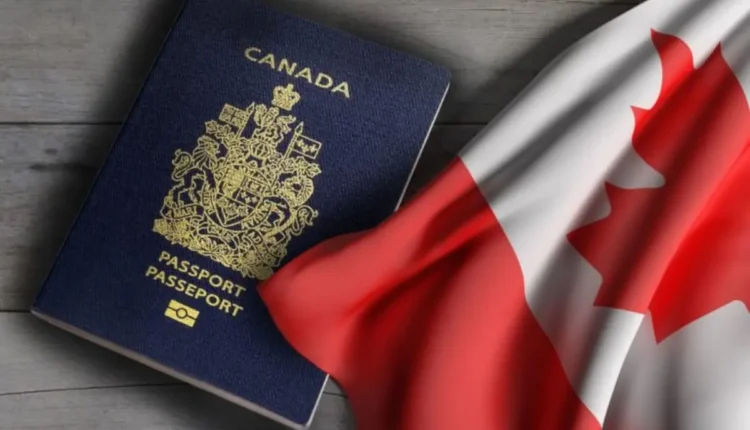Canada’s Start-up Visa (SUV) program, once hailed as a beacon for immigrant entrepreneurs seeking permanent residence, faces a pivotal transformation.
Immigration Refugees and Citizenship Canada (IRCC) has initiated a significant shift, effective April 30, by limiting the acceptance of permanent residence applications.
Canada Updates…
Henceforth, only those tied to a maximum of 10 start-ups per designated organization will be considered.
Marc Miller, Minister of Immigration, Refugees and Citizenship, emphasizes the urgency for expedited processing, crucial for entrepreneurial success under federal business programs.
These adjustments, he states, aim to streamline processing times, paving the way for broader reforms to enhance program sustainability and efficacy.
The initiative targets backlog reduction and enhanced application processing, a challenge exacerbated by a mounting number of applicants.
With approximately 82 designated organizations encompassing venture capital funds, angel investors, and business incubators the cap equates to a ceiling of 820 applications annually, assuming a stable number of designated entities.
The SUV program’s appeal lies in its provision of a clear pathway to permanent residence, sans the necessity for entrepreneurs to inject personal capital or meet stringent net worth criteria.
However, applicants must demonstrate sufficient funds to sustain themselves and their families upon Canadian arrival. Additionally, endorsement from a designated partner be it a venture capital fund, angel investor group, or business incubator is obligatory for eligibility.
As Canada recalibrates its immigration framework, these alterations herald a transition towards a more agile and responsive system, poised to nurture entrepreneurial talent while ensuring national economic vitality.

